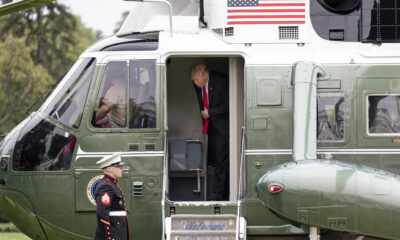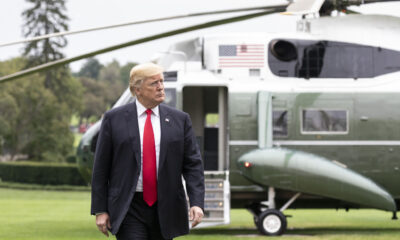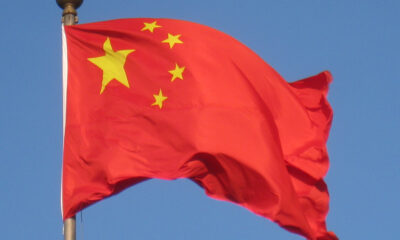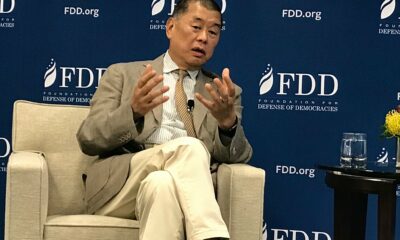Civilization
‘Dancing with the Dragon’
Reviewing Dancing with the Dragon: Cautionary Tales of the New China from an Old China Hand, by American businessman Patrick Jenevein.
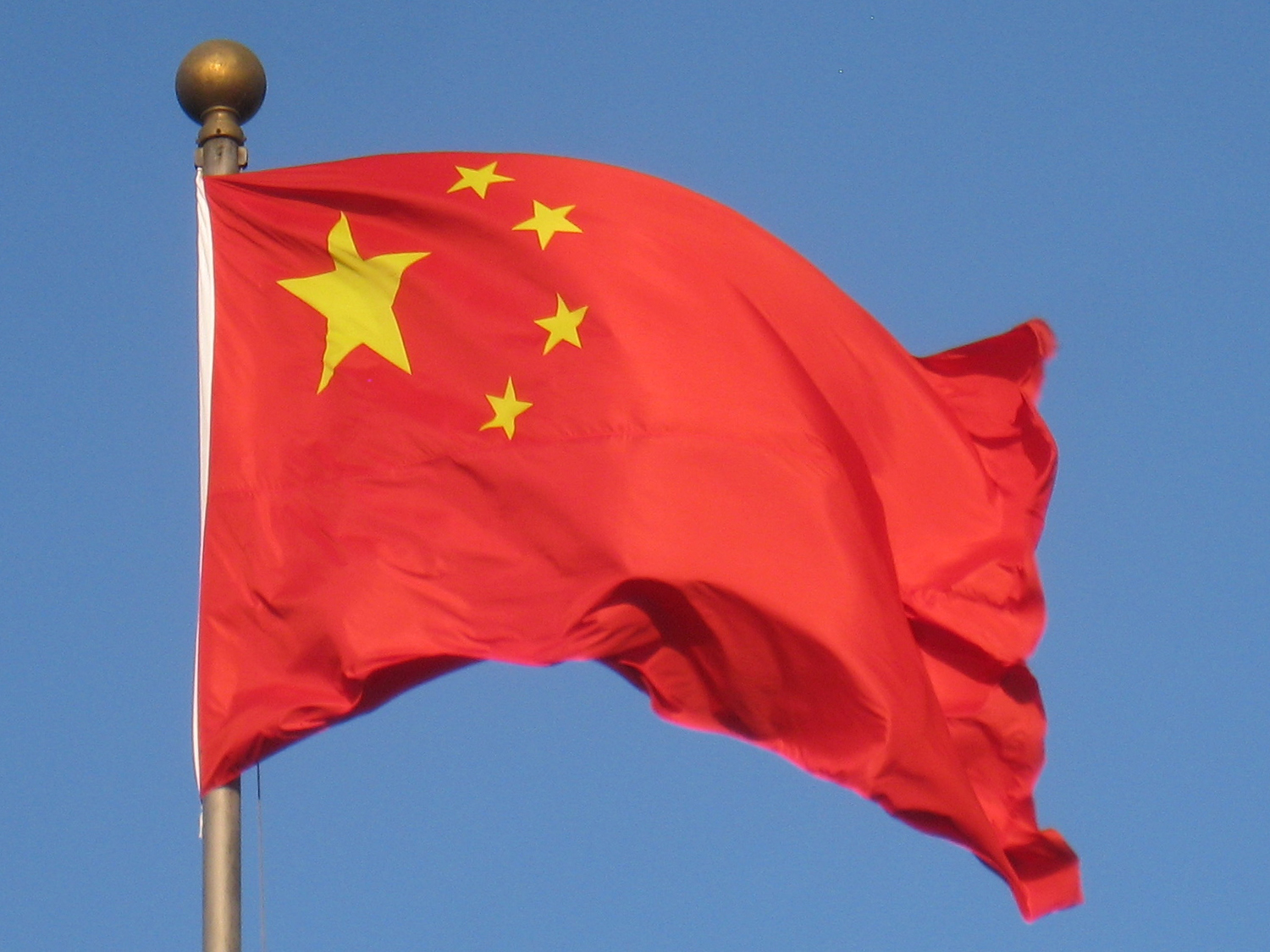
“Dancing with the Dragon” by Patrick Jenevein (Christmas Lake Press, 2024; available at Barnes and Noble Online) offers a deeply insightful exploration of China’s business landscape from the 1990s to today, presented through the eyes of an American businessman entrenched in the Chinese energy sector. Spanning his experiences with natural gas to wind turbines, Jenevein presents a narrative that is equal parts compelling and cautionary, highlighting the intricate and often opaque Chinese business environment.
China and its unique cultural elements
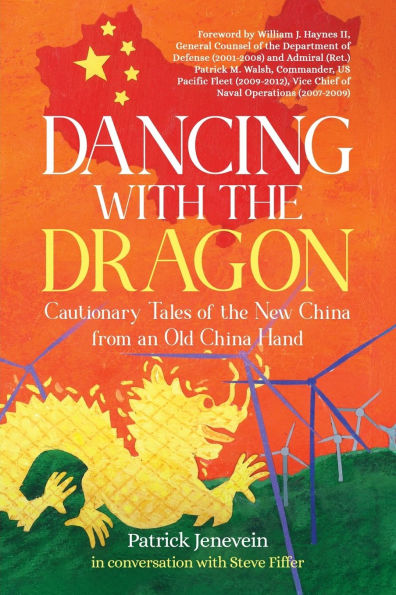
From the onset, Jenevein immerses readers in the cultural foundations that govern Chinese business practices, focusing on the importance of guanxi—the nuanced and layered network of personal and professional relationships fundamental to Chinese society. He elucidates how guanxi forms the bedrock for successful business operations in China, acting as an unwritten code that every foreign investor must navigate. Equally important is the concept of “face,” a measure of respect and social standing that profoundly influences business negotiations and relationships. Jenevein shares personal anecdotes that highlight the delicacy of these interactions, offering insights that resonate with anyone attempting to bridge Western and Chinese societies in business or government.
In addition to these cultural elements, Jenevein addresses the hierarchical structures within both companies and government bodies that further complicate foreign business efforts in China. He delves into how companies, especially those geographically distanced from Beijing, operate within an elaborate system of implicit hierarchies—each level bringing its own challenges and expectations. This hierarchical dynamic, he explains, often plays into the hands of, as he calls, the Communist Party of China (CPC), which uses the legal and regulatory systems to safeguard its interests, often at the expense of foreign investors.
Geopolitical tensions complicating business negotiations
Adding depth to his account, Jenevein connects these challenges to how geopolitical tensions often eclipsed business interests. He reflects on incidents such as the U.S. bombing of the Chinese embassy in Belgrade and the EP-3 spy plane collision over the South China Sea. These events, which impacted U.S.-China relations, had a tangible effect on his business dealings. Jenevein describes how his Chinese counterparts became noticeably constrained, their ability to make independent decisions curtailed by the need to align with the CCP’s official stance. Negotiations that seemed solid unraveled as political considerations took precedence. This recurring theme underscores the dominance of the CPC in all aspects of Chinese life with its focus on politics and power in China.
Precarious business dealings
Jenevein does not shy away from describing the precarious nature of doing business in China or with Chinese entities overseas. His narrative highlights that the legal system—under CPC control—can be manipulated to serve political ends, leaving foreign enterprises vulnerable. This power dynamic, he warns, poses a significant risk for any investor or government officials who operates under the assumption of mutually beneficial relationships. His dealings with the Aviation Industry Corporation of China (AVIC) illustrate the harsh realities foreign companies face. In a particularly eye-opening example, Jenevein recounts how the CPC derailed a potential IPO, despite AVIC’s potential profit being three times his, purely because “the foreigner was going to make too much money.” This incident encapsulates how the CPC views business transactions, in fact all transactions, not in terms of win-win outcomes but through a lens of control and power.
Mutually beneficial relations with China might not be possible
Jenevein’s account raises profound questions about the future of U.S.-China relations. My own experience working on U.S.-China technology policy within the Department of Defense and now in industry, I found Jenevein’s experience particularly relevant to policymakers. He offers salient examples of how the CPC’s “rule by law” approach starkly contrasts with the U.S. principle of “rule of law,” where laws apply equally to all. This divergence, he shows, incentivizes Chinese entities to extract intellectual property from their foreign partners, as CPC-backed enterprises that are shielded from consequences. His book serves as a stark reminder to those in positions of power.
Reflecting on his experiences, I feel that Western companies or governments can no longer afford to approach Chinese investments or diplomacy with the assumption that a mutually beneficial outcome is possible. For those CEOs or officials who still view the U.S.-China relationship as fundamentally reciprocal, Jenevein’s account offers a sobering counter-narrative. He stresses that policies designed to protect U.S. interests are presently inadequate to counter the CPC’s influence, highlighting the need for both strategic caution and a clear-eyed assessment of potential outcomes.
Tread carefully
“Dancing with the Dragon” is a thought-provoking read for anyone interested in the complexities of Chinese society. Jenevein’s account, grounded in his personal and professional journey, provides a balanced yet unflinching perspective on the opportunities and obstacles in China’s evolving landscape. His reflections challenge readers to rethink the nature of international business and diplomacy, urging a respect for cultural nuances and an understanding of the political frameworks that shape every interaction. For Western professionals and policymakers alike, Jenevein’s experiences offer invaluable insights into a world where profit is measured in power not currency.
Editor’s note
CNAV shouts out to Patrick Jenevein – because he and your editor graduated together from St. Mark’s School of Texas.
This article was originally published by RealClearDefense and made available via RealClearWire.
Isaac Harris is a Vice President at Exiger and a visiting fellow at the Foundation for Defense of Democracies focusing in the Center for Cyber and Technology Innovation.
-

 Civilization2 days ago
Civilization2 days agoWhy Europe Shouldn’t Be Upset at Trump’s Venezuelan Actions
-

 Accountability4 days ago
Accountability4 days agoWaste of the Day: Principal Bought Lobster with School Funds
-

 Executive3 days ago
Executive3 days agoHow Relaxed COVID-Era Rules Fueled Minnesota’s Biggest Scam
-

 Constitution4 days ago
Constitution4 days agoTrump, Canada, and the Constitutional Problem Beneath the Bridge
-

 Christianity Today2 days ago
Christianity Today2 days agoSurprising Revival: Gen Z Men & Highly Educated Lead Return to Religion
-

 Civilization3 days ago
Civilization3 days agoThe End of Purple States and Competitive Districts
-

 Executive2 days ago
Executive2 days agoWaste of the Day: Can You Hear Me Now?
-

 Executive3 days ago
Executive3 days agoWaste of the Day: States Spent Welfare in “Crazy Ways”







